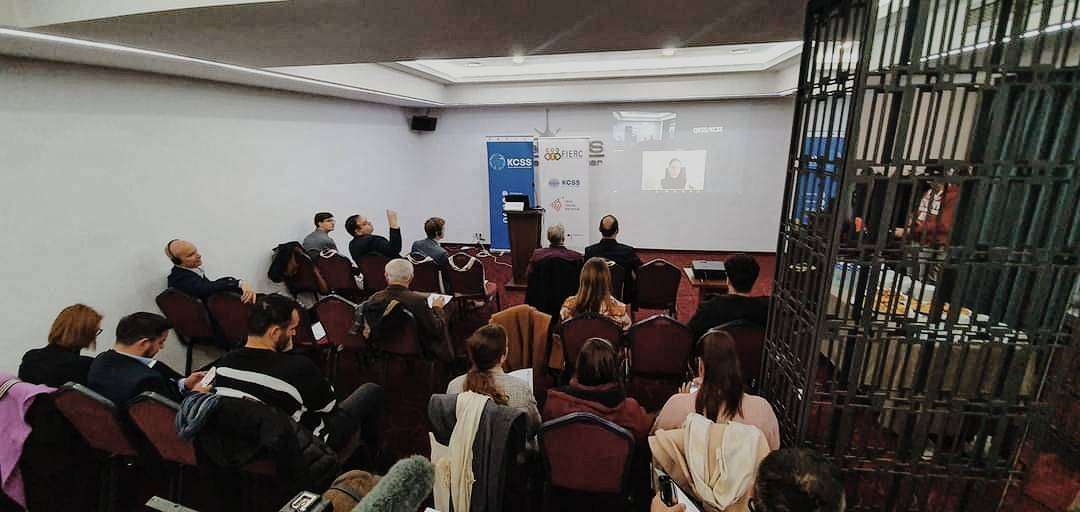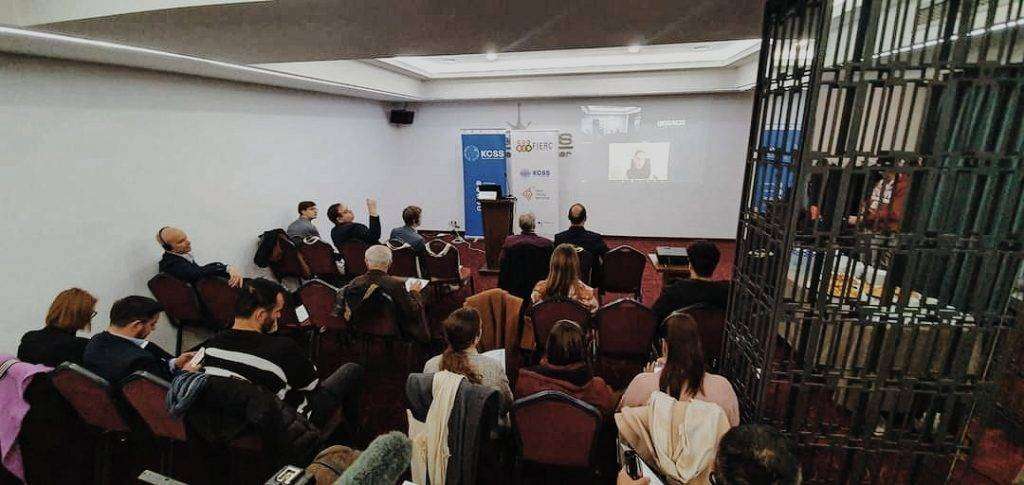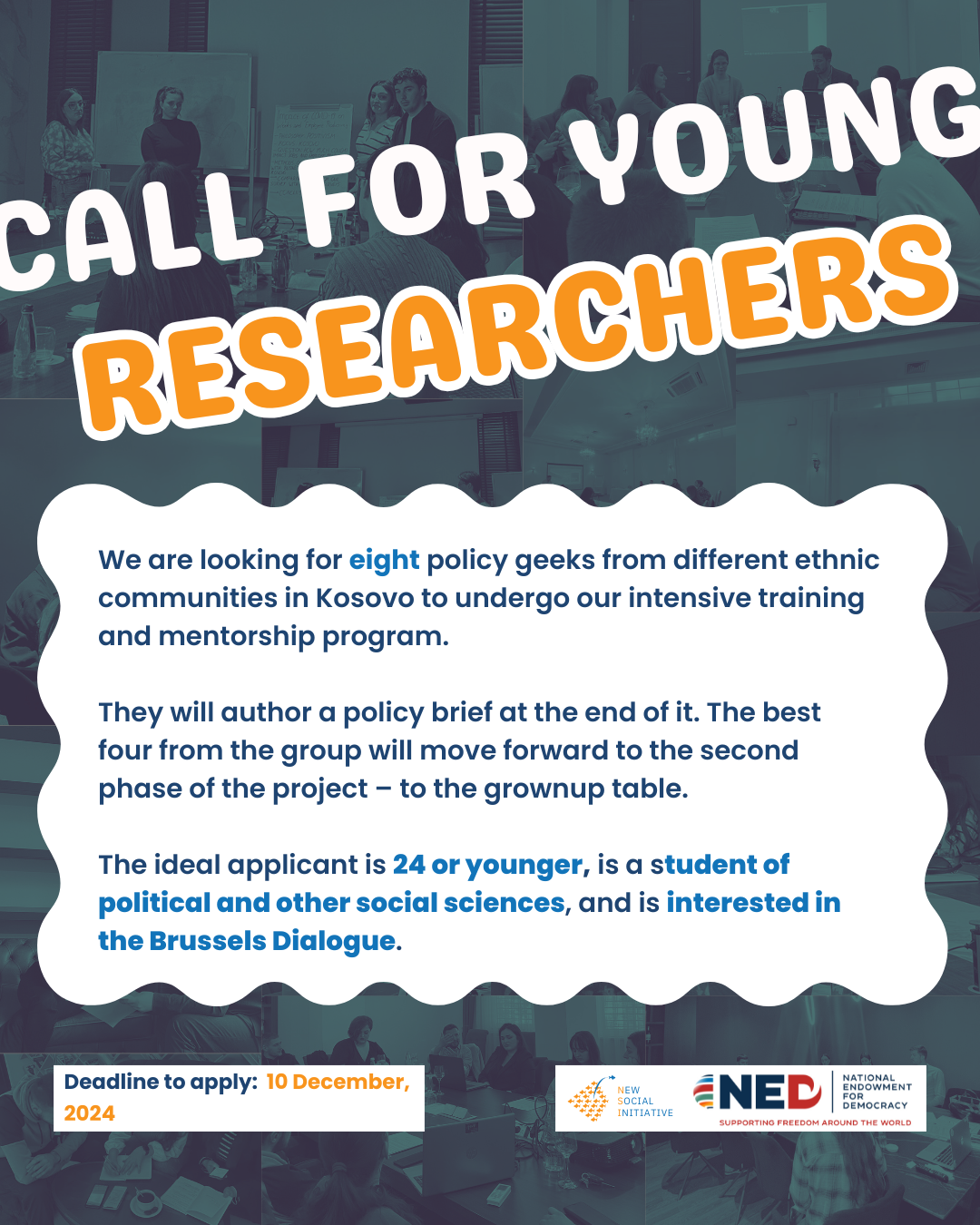
Presentation of research results on citizens’ perception of inter-ethnic relations in Kosovo

Kosovar Centre for Security Studies (KCSS) and the New Social Initiative (NSI), in a media event, published today the results of a survey with 1,200 respondents across Kosovo on the citizen perceptions about interethnic relations and cooperation in Kosovo. The survey was conducted in the framework of the project “FIERC – Fostering Inter-Ethnic Cooperation & Reconciliation” funded by the Stability Pact Fund of the German Federal Foreign Office.
The survey was implemented from 28th October to 2nd of November by a multiethnic team of researchers, and covered major regions of Kosovo, including multiethnic communities, including villages, and therefore provides a very credible and comprehensive overview of what citizens think about the state of interethnic relations in Kosovo, and how it can be improved.
Unemployment and lack of jobs are the main concerns Kosovo Albanians (51%) as well as Kosovo Serbs (46%), followed by poor healthcare and corruption in public institutions.
When it comes to safety, 84% of Kosovo Albanians said they feel safe as members of their ethnic-group, compared to 44% of Kosovo Serbs who feel safe and 39% do not. This indicates that ethnic belonging is a much higher security risks for Kosovo Serbs than Kosovo Albanians.
With respect to citizen perceptions of the state of inter-ethnic relations in Kosovo, the results show that Kosovan citizens who have a rather optimistic view are in the majority compared to those who have a more pessimistic outlook. However, because the survey was conducted during October of 2022, the results might be different in the current context, considering the heightened tensions in the north of Kosovo.
Shpat Balaj, the FIERC project coordinator said that the results are rather surprisingly positive. According to Mr.Balaj, the results on the citizen perceptions of the state of interethnic relations in Kosovo “indicate that the community in Kosovo might be more resilient to radicalizing political discourse along ethnic-lines, than it is conventionally believed.”
On interethnic cooperation, the results are more pessimistic. Jovana Radosavljevic, executive director of New Social Initiative (NSI) pointed out that “inter-ethnic relations mend and improve organically and political narrative and actions can enable it or deteriorate it. Civil society and media should not be enablers of the governments’ actions and magnifiers of the governments’ rhetoric in cases when these actions and rhetoric are polarizing and inflammatory. Those who are at the center of these processes should be empowered in their efforts to foster interethnic reconciliation and cooperation.- citizens, grassroot initiatives, community leaders, political options that are constructive and civil society. The level of democracy of one society is measured by the way it treats its most vulnerable groups, especially ethnic minorities.”
This survey will be followed by two additional reports on the state of interethnic relations in Kosovo, to be published by the end of the year.





